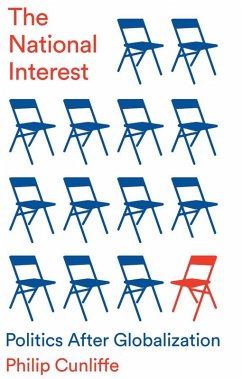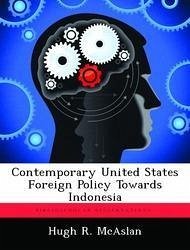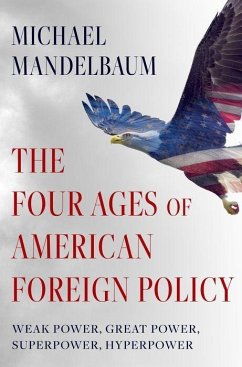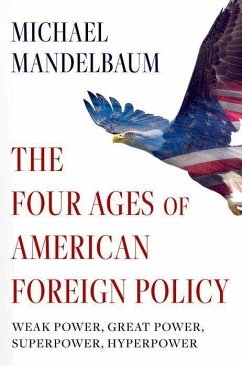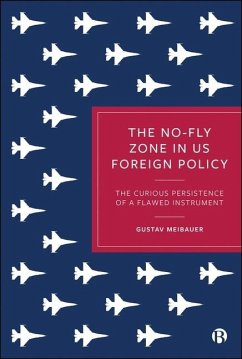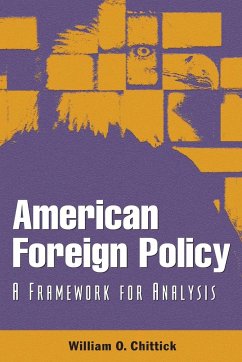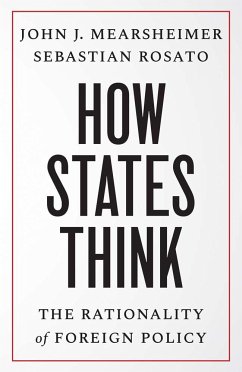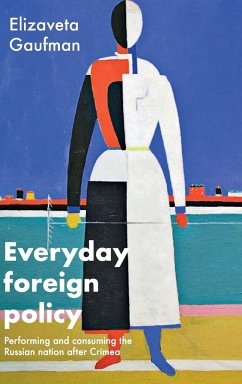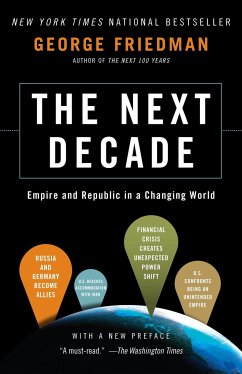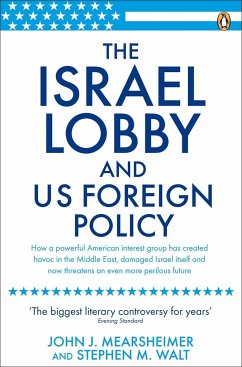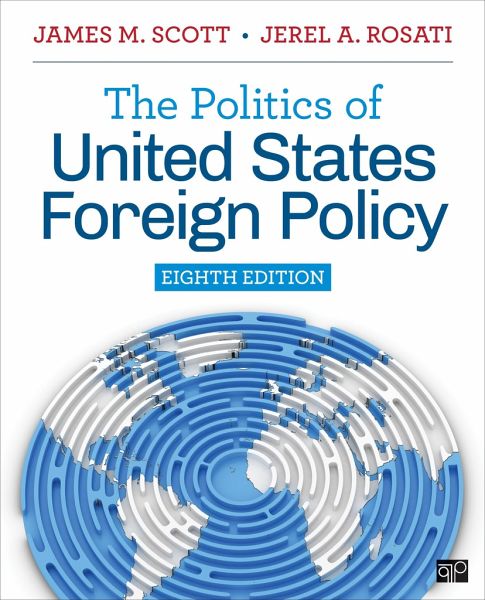
The Politics of United States Foreign Policy
Versandkostenfrei!
Versandfertig in 1-2 Wochen

PAYBACK Punkte
24 °P sammeln!




A comprehensive and engaging look at the players, processes, and politics that drive U.S. decisions and involvement in foreign policy.
James M. Scott is the Herman Brown Chair and Professor of Political Science at Texas Christian University. His primary research and teaching interests are in international relations and foreign policy analysis and he has special interests in U.S. foreign policymaking, the role of Congress, and U.S. democracy promotion. He has authored/co-authored seven books and more than hundred journal articles, book chapters, other nonrefereed publications, review essays, and conference papers. During his career, Dr. Scott has earned over two dozen awards from students, faculty, administration, and professional associations including, most recently, the 2019 Textbook Excellence Award from the Textbook and Academic Authors Association (for IR: International, Economic, and Human Security in a Changing World, Third Edition, co-authored with Ralph G. Carter and A. Cooper Drury); the 2018-2019 Distinguished Faculty Lecture Award (Addran College of Liberal Arts, Texas Christian University); the 2018 Excellence in Teaching and Mentoring Award (International Studies Association - Midwest), the 2018 AddRan College of Liberal Arts Division of Social Sciences Award for Distinguished Achievement as a Creative Teacher and Scholar (Texas Christian University) and the 2012 Quincy Wright Distinguished Scholar Award (International Studies Association - Midwest). Dr. Scott has been active in professional associations, serving on the governing boards, as conference Program Chair, and as President of both the International Studies Association-Midwest (2000) and the Foreign Policy Analysis Section (2001) of the International Studies Association, and as a councillor for the Council on Undergraduate Research (2017-2019). He served as associate editor of Foreign Policy Analysis (2009-2015) co-editor of Political Research Quarterly (2015-2018), and lead editor of International Studies Perspectives (2020-present). From 2004-2013, he was the Director of the annual NSF-funded Democracy and World Politics Summer Research Experience for Undergraduates Program.
Produktdetails
- Verlag: SAGE Publications Inc
- 8 Revised edition
- Seitenzahl: 534
- Erscheinungstermin: 5. Oktober 2023
- Englisch
- Abmessung: 232mm x 187mm x 33mm
- Gewicht: 924g
- ISBN-13: 9781071902394
- ISBN-10: 1071902393
- Artikelnr.: 67567916
Herstellerkennzeichnung
Die Herstellerinformationen sind derzeit nicht verfügbar.
Für dieses Produkt wurde noch keine Bewertung abgegeben. Wir würden uns sehr freuen, wenn du die erste Bewertung schreibst!
Eine Bewertung schreiben
Eine Bewertung schreiben
Andere Kunden interessierten sich für


